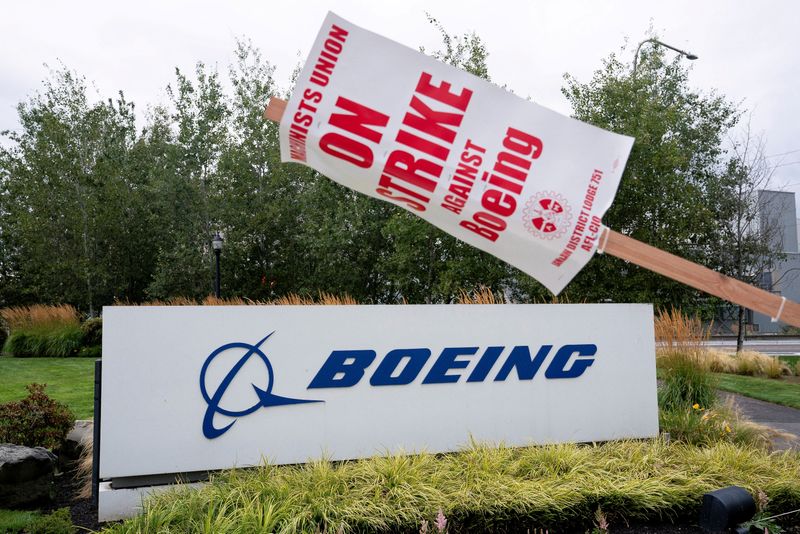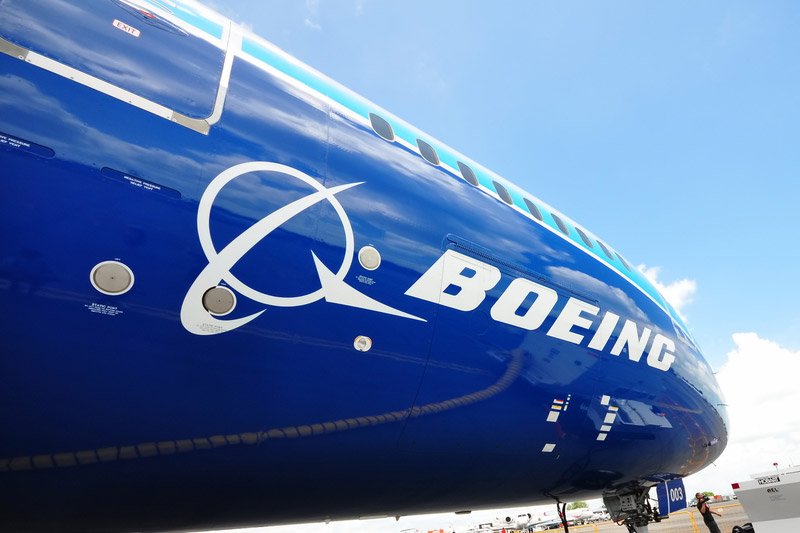Boeing and its largest union are set to resume contract negotiations on Wednesday with federal mediators present, as key issues such as wages and pensions remain unresolved, according to the International Association of Machinists and Aerospace Workers.
The union, whose members initiated a strike last Friday, is advocating for a 40% raise over four years in their first full contract discussions with Boeing in 16 years. This demand is significantly higher than Boeing’s offer of 25%, which was rejected by the union.
Analysts warn that a prolonged strike could cost Boeing billions of dollars, adding financial pressure to the company and potentially leading to a credit rating downgrade.
Following Tuesday’s mediation session, the union representing over 30,000 Boeing factory workers expressed frustration, stating that the company was unprepared and unwilling to address crucial issues of wages and pensions.
The strike, now in its sixth day, is Boeing’s first since 2008 and comes in the wake of a challenging year for the company, which began with a high-profile incident involving a 737 MAX jet in January.
Boeing has implemented cost-cutting measures such as a freeze on hiring and potential temporary furloughs to mitigate the impact of the strike on its already debt-laden balance sheet.
The company has also reduced orders for parts for all jet programs except the 787 Dreamliner, affecting its suppliers. Shares have declined by approximately 40% this year.


